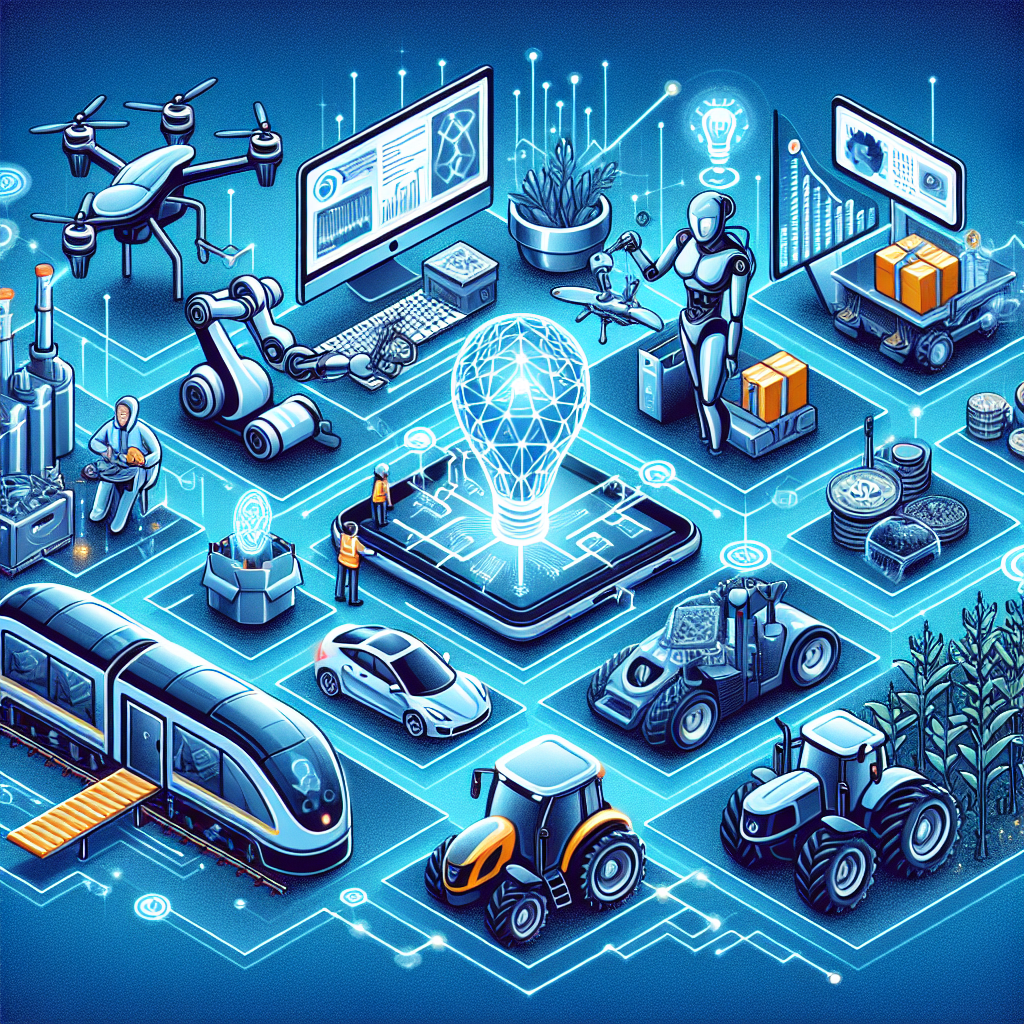Artificial General Intelligence (AGI) is a type of artificial intelligence that possesses the ability to understand and learn any intellectual task that a human being can. Unlike narrow AI, which is designed for specific tasks, AGI has the potential to revolutionize various industries by providing solutions that are not limited by narrow parameters.
In this article, we will explore the potential of AGI in various industries and how it can impact the future of work and innovation. We will also address some common questions about AGI and its implications for society.
AGI in Healthcare
One of the industries that can benefit greatly from AGI is healthcare. With the ability to analyze vast amounts of medical data and identify patterns that human doctors may miss, AGI can help in diagnosing diseases, predicting patient outcomes, and even developing personalized treatment plans.
For example, AGI can be used to analyze medical imaging scans such as X-rays and MRIs to detect early signs of diseases like cancer. It can also assist in drug discovery by identifying potential compounds that could be used to treat various illnesses.
AGI in Finance
In the finance industry, AGI can be used to analyze market trends, predict stock prices, and manage investment portfolios. By processing vast amounts of financial data in real-time, AGI can help investors make informed decisions and minimize risks.
AGI can also be used to detect fraudulent activities in banking transactions and improve customer service by providing personalized financial advice to clients.
AGI in Manufacturing
In the manufacturing industry, AGI can optimize production processes, improve quality control, and enhance supply chain management. By analyzing data from sensors and machines on the factory floor, AGI can identify bottlenecks, reduce downtime, and increase productivity.
AGI can also be used to develop autonomous robots that can perform complex tasks like assembling products or inspecting machinery. This can help manufacturers reduce labor costs and improve efficiency.
AGI in Transportation
In the transportation industry, AGI can be used to optimize traffic flow, enhance logistics, and develop autonomous vehicles. By analyzing data from traffic cameras, GPS devices, and other sources, AGI can help reduce congestion on roads, improve safety, and minimize fuel consumption.
AGI can also be used to develop self-driving cars that can navigate through traffic, react to changing road conditions, and communicate with other vehicles to avoid accidents. This can revolutionize the way people travel and reduce the reliance on human drivers.
FAQs about AGI
Q: What is the difference between AGI and narrow AI?
A: AGI is a type of artificial intelligence that possesses the ability to understand and learn any intellectual task that a human being can, while narrow AI is designed for specific tasks. AGI is more flexible and adaptable than narrow AI, but it is also more challenging to develop.
Q: How close are we to achieving AGI?
A: While significant progress has been made in the field of artificial intelligence, achieving AGI is still a long way off. Researchers are working on developing algorithms that can simulate human-like intelligence, but there are still many technical challenges to overcome.
Q: What are the ethical implications of AGI?
A: The development of AGI raises ethical concerns about job displacement, privacy, and the potential misuse of powerful AI systems. It is important for researchers, policymakers, and industry leaders to address these issues and ensure that AGI is developed and deployed responsibly.
In conclusion, AGI has the potential to transform various industries by providing solutions that are not limited by narrow parameters. From healthcare to finance to manufacturing to transportation, AGI can revolutionize the way we work and innovate. However, it is important to consider the ethical implications of AGI and ensure that it is developed and deployed responsibly.

